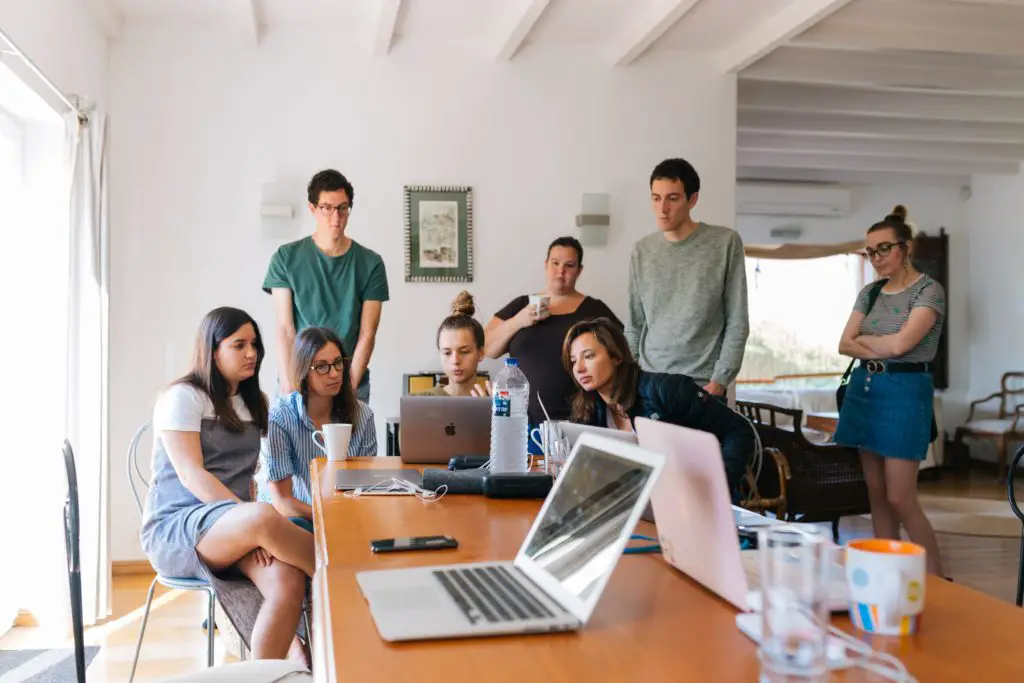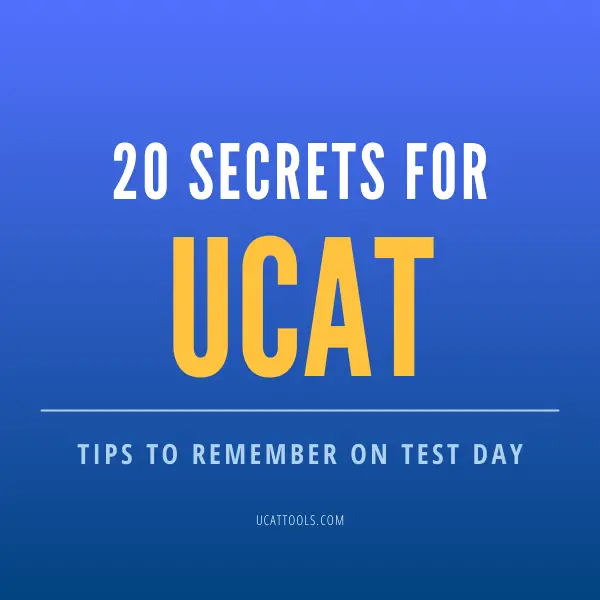There are 2 types of med school interviews. MMI and traditional interviews. You are only invited to an interview once you get through the selection process.
You will likely still be competing against a huge proportion of candidates who originally applied so there are still no guarantees.
MMI interview

Format
You are presented with around 8-10 stations.
Each will form a mini interview where you must prepare an answer to a scenario or engage in role-play with an actor while an interviewer watches.
Each station lasts around 10 minutes and the total interview will be no longer than 2 hours long.
You should expect to act out things like “how you would give bad news” or “how you would describe a graph about a patient’s changing insulin levels during the day”.
Find sample MMI interview questions on the medic portal.
Tips to doing well:
Practice MMI questions from the above link
Be sensitive, compassionate and caring in all your answers. MMIs test communication as much as it tests problem solving skills.
Understand the key ethics of medicine such as the 4 pillars.
Ask for questions and scenarios to be clarified if you don’t fully understand as this will allow you to answer the question better and show you are engaged with the activity.
Benefit
Less stressful than interviews in front of a panel since you are going to different stations and doing a range of activities
Drawback
Much longer than traditional interviews since you have time to prepare and act out your answers.
Tradition interview

Format
This style of interview will usually be done in front of a panel of interviewers, likely admissions tutors, lecturers, and completing medical students.
Don’t be alarmed as if you have been invited to such an interview, you are already a solid candidate!
All you need to do is study your personal statement carefully and write out potential questions they may ask you to elaborate about.
This is because your statement represents you and is therefore important in determining whether you are a good fit for medicine at this institution.
Tips for success
Maintain eye contact as this shows a level of confidence and genuineness that is important for a future medic.
Don’t hesitate to ask questions as this may improve the interviewers perception of you. This will likely occur at the end where the interviewer asks “do you have any questions”.
It should be something about the institution or their research that only an academic working for the institution will know.
Such questions will show scientific curiosity and interest in the medical field, and may give your application a much needed boost.
Benefits
You won’t necessarily have to prove your competency in numeracy, problem solving, or delivering bad news as the main focus is on you and your background, work experience, interests and motivation for studying medicine.
That is not to say you won’t get questions about your creativity, knowledge of medical ethics, and teamwork skills, as you most likely will.
At least they will mostly be questions as opposed to acting out scenarios and working within a team.
Drawback
Due to the broad amount of topics they can ask, there may be more pressure to be well read and prepared.
You should always be prepared but traditional interviews have a reputation for throwing questions that you’ve never seen or expected, so expect the unexpected.

List of universities that use traditional interviews
- Barts
- Cambridge
- Oxford
- Glasgow
- Southampton
- Swansea
- UCL
List of universities that use MMI interviews
- Aberdeen
- Anglia Ruskin
- Birmingham
- Brighton and Sussex
- Bristol
- Cardiff
- Dundee
- Exeter
- Hull York
- Keele King’s College London
- Lancaster
- Leeds
- Leicester
- Liverpool
- Manchester
- Newcastle
- Norwich (UEA)
- Nottingham
- Plymouth
- Queen’s Belfast
- Sheffield
- St Andrews
- St George’s
- Sunderland
- Warwick




